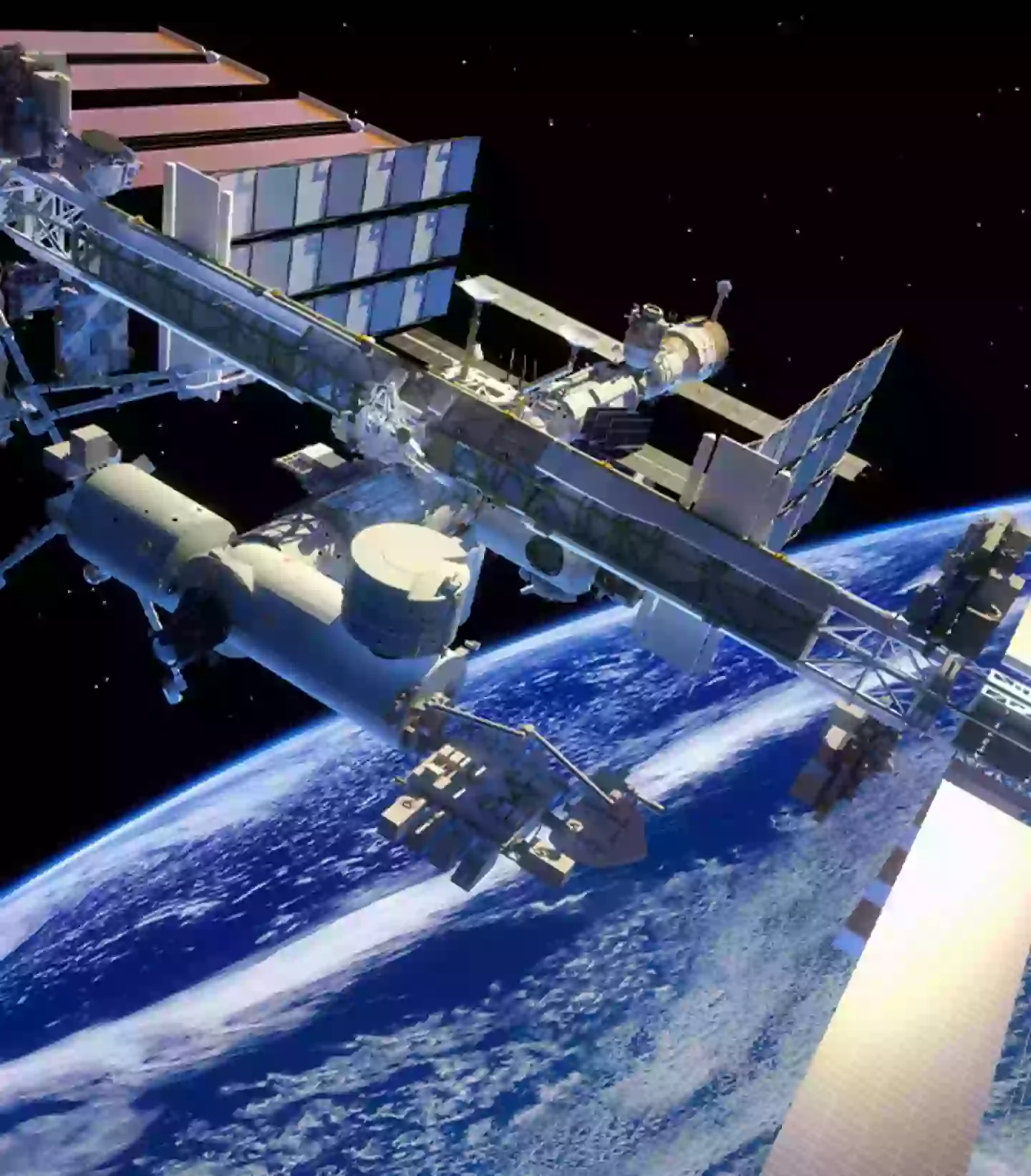
Soon enough, the International Space Station (ISS) will reach its end of life, and the decision of how to safely dispose of the 430-tonne structure will need to be made.
Since the ISS is the largest object in orbit around Earth, leaving it up there isn’t exactly an option.
If something were to collide with it, it could break apart, creating a dangerous cloud of debris and essentially threatening other satellites.
Advert
'The space station is a unique artefact whose historical value cannot be overstated,' NASA wrote in a white paper.
'NASA considered this when determining if any part of the station could be salvaged for historical preservation or technical analysis.'

However, the US space agency noted that salvaging the station was too costly and complex to follow through, leaving one option.
Advert
To completely obliterate it, which is where Tesla CEO Elon Musk comes in.
His company, SpaceX, was awarded a huge contract by NASA on June 26 to handle the ISS’s deorbiting. The contract is worth an eye-watering value of $843 million.
The plan involves using a special Deorbit Vehicle, which will act as a space tugboat, dragging the ISS down into the atmosphere where it will mostly burn upon re-entry.
'Selecting a US Deorbit Vehicle for the International Space Station will help NASA and its international partners ensure a safe and responsible transition in low Earth orbit at the end of station operations,' Ken Bowersox, associate administrator for Space Operations Mission Directorate at NASA Headquarters in Washington stated.
Advert

Given the size of the ISS, some parts will likely survive the intense heat of re-entry, so careful planning is required to make sure any debris falls into the ocean or other remote areas. Basically, away from all people.
'Most of the Earth is covered in water, and space scientists are well versed in applying changes to satellite orbits right up until the point of re-entry, to precisely control the path of a spacecraft,' Dr. Darren Baskill, astronomy lecturer at the University of Sussex, tells BBC Science Focus.
Baskill explains that the precise adjustments to the satellite orbits will manage the ISS's final descent and ensure it lands safely away from everyone.
Advert
'What the ISS has provided over the last 23 years is a platform to carry out a wide variety of experiments with a rapid turnover that simply cannot be carried out on the ground,' Baskill concluded. 'It has also fostered international cooperation, and inspired many into studying science further.'